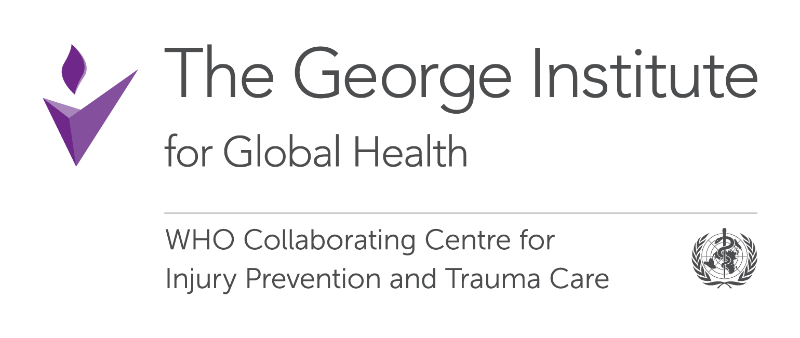
Improving recovery outcomes for burns survivors in India: a systems approach
Background
Globally, burns are a leading cause of disability, with over 8 million years of life lost each year. The burden of burns falls disproportionately on the poorest. It is estimated that 114,000 deaths every year are caused by fire-related injury, the majority of which occur in low- and middle-income countries. In 2019, 23000 fire-related deaths were estimated to burns in India, which is around 20% of the global mortality burden. Around 1.5 million disability-adjusted life years were estimated to be due to fire-related injuries. Burns statistics in India reflect gender and social inequality. Mortality due to burning is three times higher among women aged between 15-49 years, and four times higher among women aged between 15-34 years.
The lack of effective quality burns services, and the absence of coordinated efforts within the health system, contribute to high mortality and morbidity rates. The burden of incurring high out-of-pocket costs and catastrophic expenditure for the family is highest in the case of burns.

Aim
The proposed work aims to address barriers in delivering burns care by generating evidence and supporting health systems strengthening in partnership with the National Programme for Prevention and Management of Burn Injuries (NPPMBI) to improve burn recovery outcomes. We achieve this by identifying pathways for implementation of a facility-based burns registry; documenting health systems gaps and policy analysis to facilitate the implementation of NPPMBI.
Research Methodology
The study has adopted a mixed-method approach, triangulating multiple data sources and methods to identify health systems’ barriers for effective burns care and to propose a meaningful solution. The project piloted the implementation of burn registry in four burn centres in Uttar Pradesh. The team undertook a qualitative approach to understand all stakeholder’s perspectives and ways to improve systems responsiveness. Further, we are conducting a comparative policy analysis across the vision and tuberculosis programmes in India for programmatic learnings.
The findings will inform the development of routine monitoring data systems for burns care and its use to improve the quality of burn care.
Health systems and policy analysis will identify critical health systems bottlenecks in care delivery and possible solutions to support the implementation of NPPMBI and burn care in India.
Current Status
Data collection will be completed by the end of June 2022. The analysis, report, and policy recommendations are under development.





